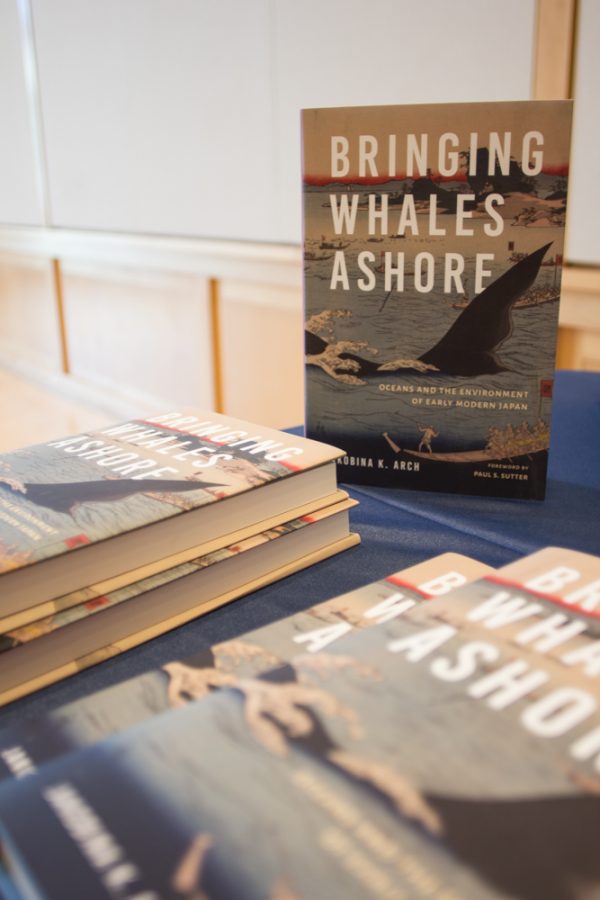A excellent film that somehow made it as near as Pasco this fall (don’t ask me how) has redefined activist documentary filmmaking. Louie Psihoyos’s The Cove has, once and for all, put the subject of dolphin hunting on our hygienic, Western radars that typically are conditioned to barely stomach Michael Moore movies. With grace and profound conviction, Mr. Psihoyos has uncovered one of Japan’s best kept (illegal) secrets in a way that evokes memories of last year’s Oscar winner Man on Wire for its visceral, emotive yet plot-driven realization.
This year, The Cove is on the Academy’s short list of documentaries to be nominated. That list, however, includes favorites Burma VJ: Reporting from a Closed Country – about a group of videojournalists who smuggled film of the 2007 uprisings against Burma’s military regime out of the country, effectively providing the world with the only source of information on the events – and Les plages d’Agnès (The Beaches of Agnès) – an autobiographical portrait of acclaimed French director Agnès Varda. Notably, though, The Cove eluded several huge Oscar snubs: victims include Anvil! The Story of Anvil, The September Issue, Tyson, It Might Get Loud, We Live in Public, and, perhaps most notably, Michael Moore’s Capitalism: A Love Story. (I smell irony!)
I’m willing to bet that The Cove will be a contender. Psihoyos’s film recounts his own discovery of and subsequent involvement in his own nearly improvised plan to stop the annual slaughtering of approximately 2,300 dolphins in a National Park in Taiji, Japan. The subject of the film, however, soon becomes activist Ric O’Berry. O’Berry’s story is similar to that of Robert Oppenheimer or Alfred Nobel: the mission of his life is to somehow undo or mitigate what he had once done. In the 1960s, O’Berry became famous for capturing and training five dolphins that would be the protagonists of the hit TV-series Flipper. After the death of one of these dolphins, named Kathy, O’Berry completely changed his life and began advocating for the release of dolphins from captivity. (Halfway through the film, I almost considered becoming a vegan!)
This movie will probably strike a chord with most of you Whitties, yet there is a profound difference between what Ric (and most of the people in the film) does and what most Whitties could ever hope to do. It is intriguing, tempting, and provocative, nonetheless, inviting a new generation of activists to pick up where the last generation left off. The film, however, tries to garner and capture this activist attitude with what I found as an almost unbearably melancholic undertone generating hopeless messages with respect to foreign nations, capitalism, multinational organizations, and so on.
My strongest criticism comes with the film’s almost futile ending. It at once embarrasses the film’s protagonists and exposes their deep disconnect from society. One cannot really change a system from the outside (in this case, the Western, liberal, activist, framework); one must attempt to change it from within. Unfortunately, these activists seem to have missed that fundamental point.
These huge mishaps aside, the film itself – that is as a work of art, a work of influential activist documentary filmmaking – is beautiful and will, if it achieves its own goal, get you talking about what is important to you and what you can do to save/change/affect your environment.




